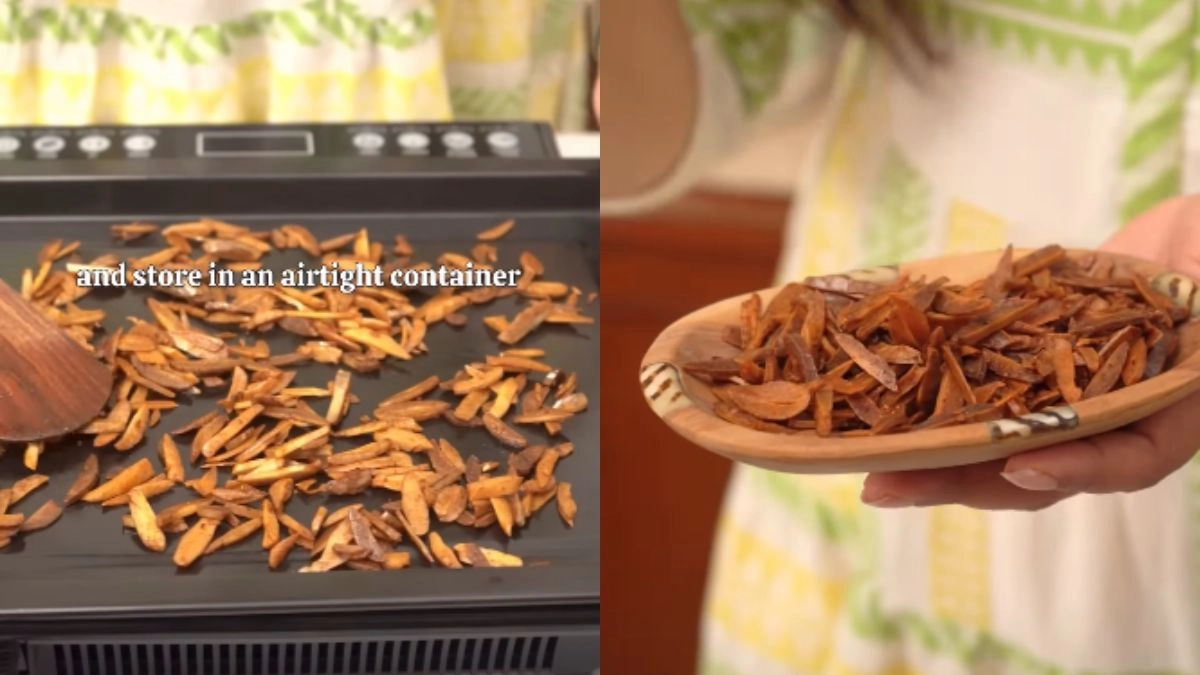Mango seed mukhwas is a delightful and traditional Indian post-meal treat that not only satisfies your palate but also offers numerous digestive benefits. This unique preparation utilizes the seeds of mangoes, which are often discarded after the fruit is enjoyed. By repurposing these seeds, you can create a nutritious and flavorful mukhwas that serves as a natural mouth freshener and aids in digestion. Traditionally, mukhwas is enjoyed after meals to help cleanse the palate and promote healthy digestion, making mango seed mukhwas an excellent addition to this cultural practice.
To prepare mango seed mukhwas, start by collecting the seeds from ripe mangoes. Clean them thoroughly to remove any residual fruit flesh, then dry them in the sun or a warm place until they are completely moisture-free. Once dry, the seeds can be ground into a coarse powder. This powder can then be mixed with an array of flavorful ingredients, such as roasted fennel seeds, coconut, sugar, and cardamom. These additional components enhance the taste and contribute to the overall digestive properties of the mukhwas. The sweetness from the sugar balances the earthy flavor of the mango seeds, while the aromatic spices provide a refreshing aftertaste.
After preparing your mango seed mukhwas, it can be stored in an airtight container for several weeks. This makes it a convenient option to keep on hand for after meals, offering a healthy alternative to store-bought mints or candies. Consuming mukhwas not only helps in freshening your breath but also aids in digestion, thanks to the fiber content found in the mango seeds and the digestive properties of the spices used. Including mango seed mukhwas in your post-meal routine can promote gut health, making it a wonderful addition to your dietary habits.
In addition to its digestive benefits, mango seed mukhwas carries cultural significance in Indian cuisine. The act of consuming mukhwas is often associated with hospitality and the closing of a meal, signaling a delightful end to the dining experience. By making this traditional treat at home, you not only embrace a timeless culinary practice but also contribute to reducing food waste by utilizing parts of the mango that would typically be discarded. This sustainable approach to cooking highlights the importance of resourcefulness in the kitchen while celebrating the flavors and health benefits of nature’s bounty.




